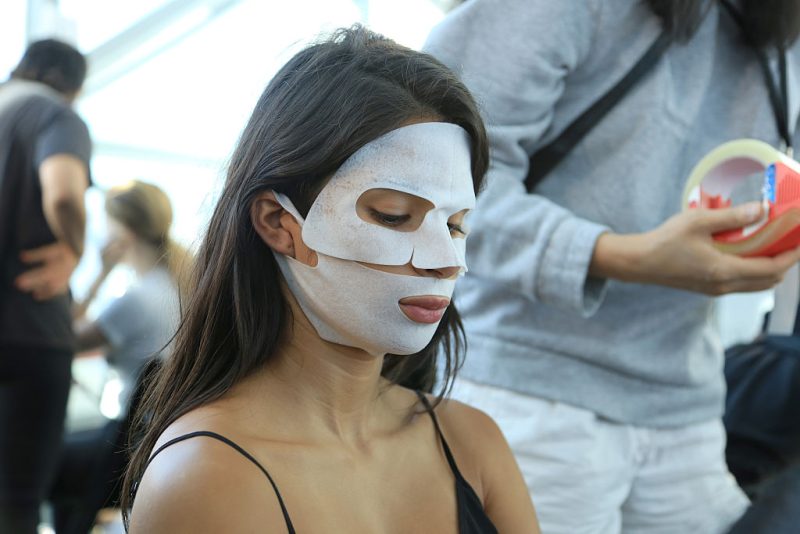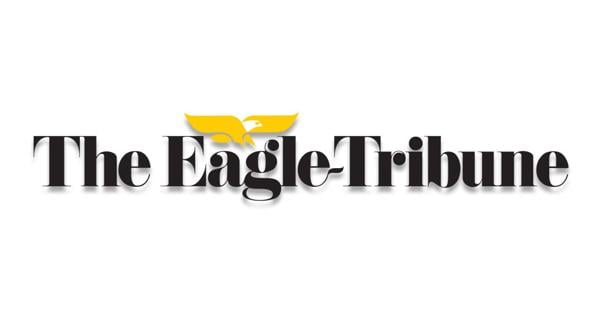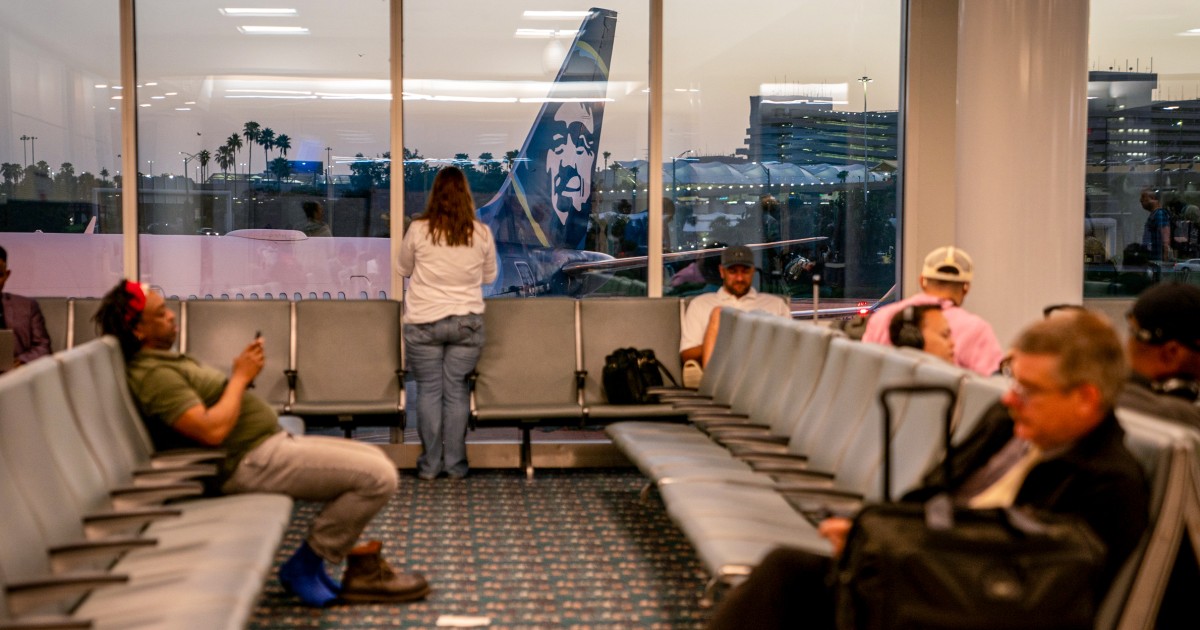Trump’s 25% Tariff Threat Could Skyrocket K-Beauty Prices

UPDATE: President Donald Trump just announced a potential 25% tariff on Korean imports starting August 1, raising alarms about the future of Korean beauty products in the U.S. market. If implemented, this tariff could significantly impact prices for popular products like toners, serums, and sunscreens, which have surged in popularity among American consumers.
South Korea, now the world’s third-largest exporter of beauty products with shipments exceeding $10 billion in 2024, has become a powerhouse in the beauty industry, overtaking France as the top cosmetics exporter to the U.S. Much of this growth is fueled by viral trends on social media, with brands such as COSRX, Laneige, and Dr. Jart+ capitalizing on the K-beauty craze. TikTok users showcase their skin-care routines, making hashtags like #KBeauty and #KoreanSkincare go viral.
Experts are concerned that Trump’s tariff could deter U.S. shoppers who rely on these affordable, high-quality products. The Korean beauty industry has thrived by offering gentle, effective formulas that focus on skin health, often at lower prices than American brands. As Sarah Jindal, a beauty analyst at Mintel, stated, K-beauty products are expected to “be very resilient” to tariffs, suggesting that many brands may absorb the costs rather than pass them on to consumers.
The urgency for consumers is palpable; panic-buying ensued after Trump’s initial tariff announcement in April, prompting magazines like Cosmopolitan to alert readers about stocking up on beloved K-beauty products. This recent warning has reignited fears of price hikes.
Despite the looming threat, industry experts suggest that the U.S. market remains too lucrative for Korean brands to abandon. Major retailers like Sephora and Ulta Beauty are actively negotiating with K-beauty brands to expand their offerings, indicating a continued demand for these popular products.
In response to the potential tariff, South Korea’s Trade Ministry has accelerated negotiations with the U.S. to reach a mutually beneficial trade deal before the August deadline. An Byung-Jun, CEO of Korean beauty brand Tirtir, expressed that while the baseline 10% tariff is manageable, a shift to 25% could necessitate a price increase—albeit a slight one.
As consumers await further developments, the beauty community is on high alert. K-beauty’s unique blend of affordability and innovation has made it a staple in American skincare routines. With millions of devoted fans embracing these products, the implications of Trump’s tariff could resonate deeply in the beauty market.
Stay tuned for updates as negotiations continue and the deadline approaches. The fate of K-beauty products—and their prices—hangs in the balance.






